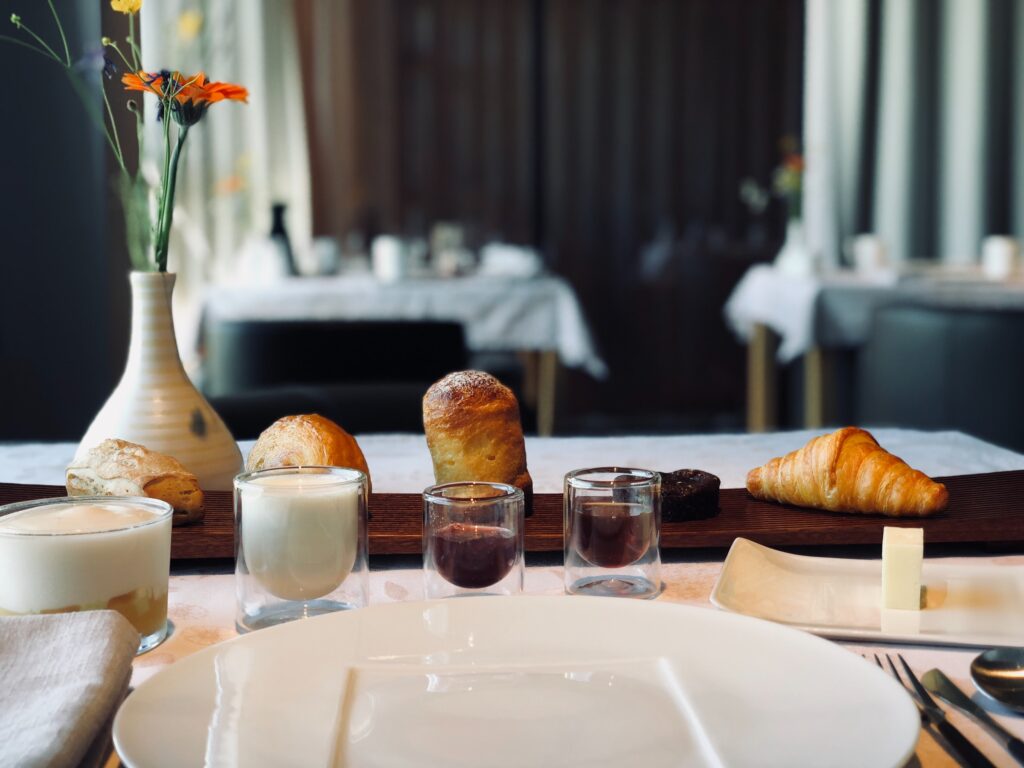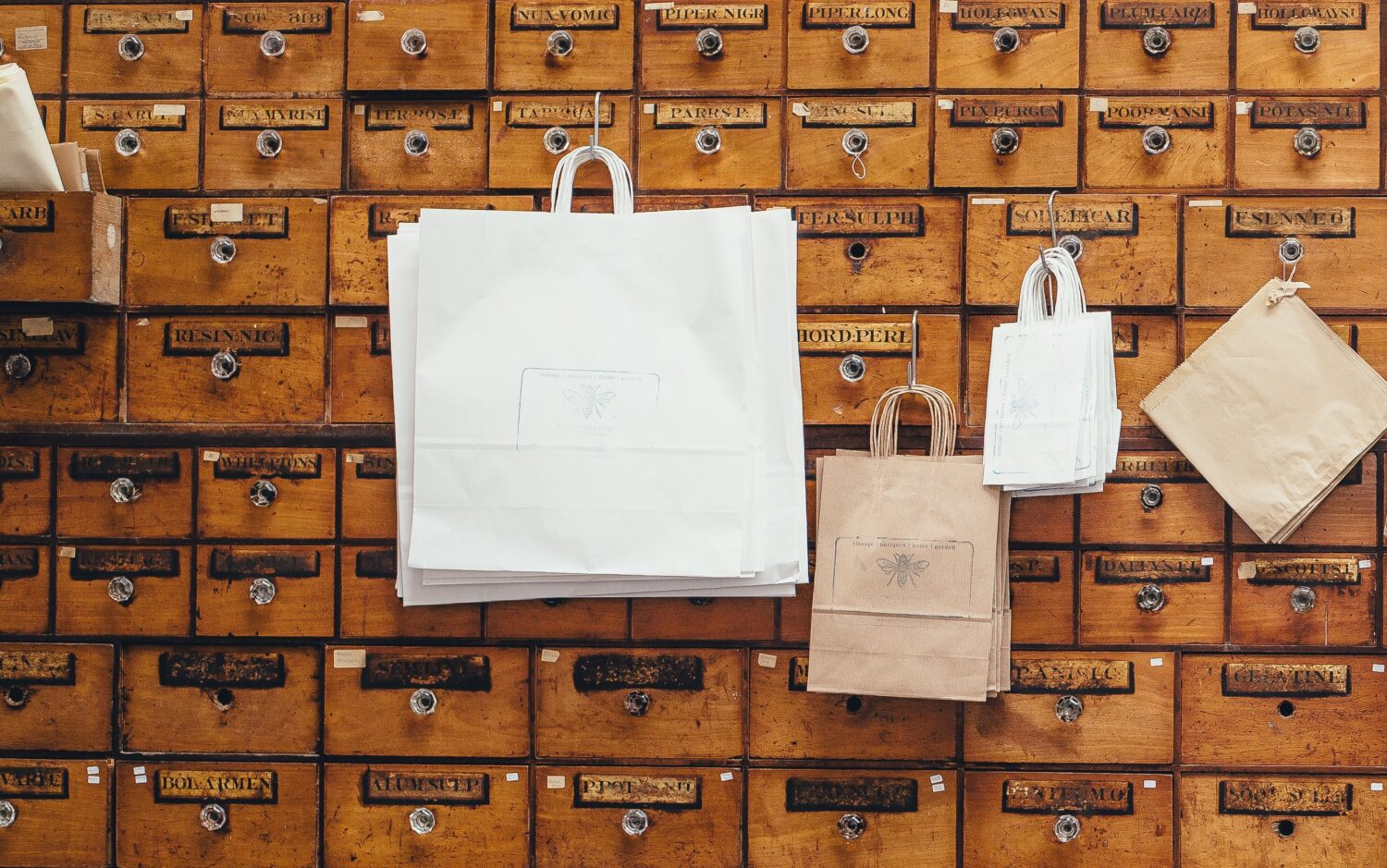One of the most important parts of a hotel unit is the procurement department. It is responsible for planning and meeting the needs of the company in raw materials necessary for its smooth operation. Before the end of the season, the department is required to settle its storage in order to save resources for the business. The proper management of a hotel’s storage is explained in 5 simple tips!
7 mins readIt is a fact that the success of a hotel’s Storage and Supplies Department is to plan purchases, items, quality, specifications, and, of course, the total quantity of products. “Storage is a complementary function of buying, producing, and selling”. The hotel stock must be ordered according to the hotel’s needs. After receipt of purchased materials, they must be placed in the storage room for preservation. The stock will be used according to the requirements of the hotel. In a continuously operational hotel, the storage section process is part of a standard operating procedure. However, in a seasonal hotel that, despite knowing the date of its closure, the number of last-minute bookings is not always predicted, the risks that this department might potentially face, can be many. One of the most common predicaments is that the company can either have financial loss by keeping extra stock or have marginal orders which could leave the hotel with no products.
TIP #1: For the successful operational management of the storage, it is important to carry out a thorough control of the stock of raw materials. But how could you reach the desired result?

The storage manager, having acknowledged and identified the operating needs of the hotel, places the orders with a frequency that could serve both the hotel and the supplier. After that, the goods are collected and checked in means of quantity, quality, and price. Following that, goods are distributed in the different sections of the hotel, such as the kitchen, the bar, the restaurants, the housekeeping, the mini bar, but also the event and conference department. The process is completed by storing the goods with the FIFO method “first in, first out” in order to cover the stock of a certain period of time until the next order.
A well organised ordering process helps significantly in reducing the workload of several hotel departments, as well as the human resources involved.
TIP #2: Focus on ensuring the accuracy of the inventory process, as it will help you save money. Identify what the key objectives should be when recording the available stock of products.

It is more convenient for the hotel accounting department to have fewer invoices for registration and collected balances of suppliers that need to be closed. Avoid to constantly have new documents for the storage department without a specific plan of execution. The tool to avoid such problems is none other than inventory management. The main objectives of the inventory process are:
- Determine the value of the available stock. This will show if the amount of supplies held in the storage is large or small and if their total value is at the defined levels of the company.
- Determine the recycling price of the stock for the various categories of food and beverages.
- To determine if and to what extent the storage department is working properly. Also, if there are losses to investigate the causes.
TIP #3: A Digital storage management maximises the benefits for the hotelier. See how you could leverage new technologies to achieve your goal.

Modern technology has provided several digital storage management tools. These can help hotels significantly towards a correct and fast decision-making process of orders and stock. Thus, through the computer, the storage management department can mark an item with a minimum allowable stock, informing the department in time for deficiencies. Another feature is the creation of recipes. The department can manage the available products by type and can control consumption. The existing stock in the hotel can also be controlled at any time.
Of course, everything we described is a standard process in the operation of a hotel’s storage. But what about last-minute bookings? The communication between the booking department and the sales department is very important. It aims to immediately inform the other departments regarding bookings or possible events that may occur at the last minute. The proper communication between these departments plays a significant role in the smooth operation of the hotel’s storage. It is a fact that the hosting units always keep a security reserve, however sometimes and especially at the end of the season, this could decrease. So, the menus must be adjusted according to the existing stock. The quantitative forecast and determination of the volume of the order are completed in consultation with the Food & Beverage Manager, the Chef, the Pastry Chef, and any other manager involved in the process.
The knowledge and experience of the managers of the department, can significantly contribute to the correct analysis of the menus and the “recycling” of the raw materials used for their execution.
TIP #4: The selection of the appropriate suppliers-partners is an important process. It can contribute significantly to the security of the hotel and positively determine the management of the storage.

When choosing the hotel’s suppliers, it is very important that one of the main criteria of your collaboration is the immediacy in deliveries and the variety of products. The quality, prices, and services provided by a supplier in the hotel make him a potential partner. Payment settlement, delivery method, and returns are services necessary for the hotel, bringing the criterion “price” sometimes secondary. Partnerships must be win-win in order for there to be mutual trust. The hotel could also make special agreements with the suppliers, that by the end of the season certain products could be returned as to empty its storage.
On a financial scale, it is completely wrong for a company to freeze money in its storage. In addition, storing goods for a long time carries risks:
- Long storage period of products at risk of expiration and disposal. Result = Financial loss
- Improper storage temperatures, when the hotel is closed, could result in deterioration of the goods. Result = Financial loss
- Insufficient ventilation in a closed hotel. Insufficient hygiene with a risk of rodents and hosts. Result = Financial loss and public health risk.
TIP #5: Organise the minimisation of your hotel stock on time. That will help you see in detail the ways in which you could use the products that were not consumed at the end of the season!
We are aware that there are long-lasting products that could be stored in small quantities without much problem. More specifically, some of these are household chemicals, detergents, soaps, and other household supplies like kitchen and toilet paper.
The initial design of the hotel is to gradually reduce the stock until the end of the season. However, sometimes it is not possible to return products that were not consumed back to the supplier at the end of the season. The hotel management can organise product donations, in order to give away those products. An additional option that is common as well, is that at the end of the season, a party for the staff takes place; the menu of this event is adapted in such a way, that all storage’s stock is being used.
It is more than clear how important the role of the procurement and storage department is in the accommodation units. The heart of the hotel is in its storage. Consistency and adequacy in goods could make possible the reliable operation of the hotel itself. The prices, as well as the correct storage of the products, make the company greatly profitable by minimizing losses. The increase in efficiency is greatly influenced by the management of the procurement department. Continuous control combined with compliance, standards, and specifications is a safety valve for the future of the hotel itself.
Conclusion
Since the storage is considered one of the most important sections of a hotel, it is important to follow an accurate inventory protocol. This will also lead to the hotel’s sustainability and it will maximise the benefits for the hotelier. Especially before the end of the season, the department is required to settle its storage with the application of different techniques and contribute to the security of the hotel.








